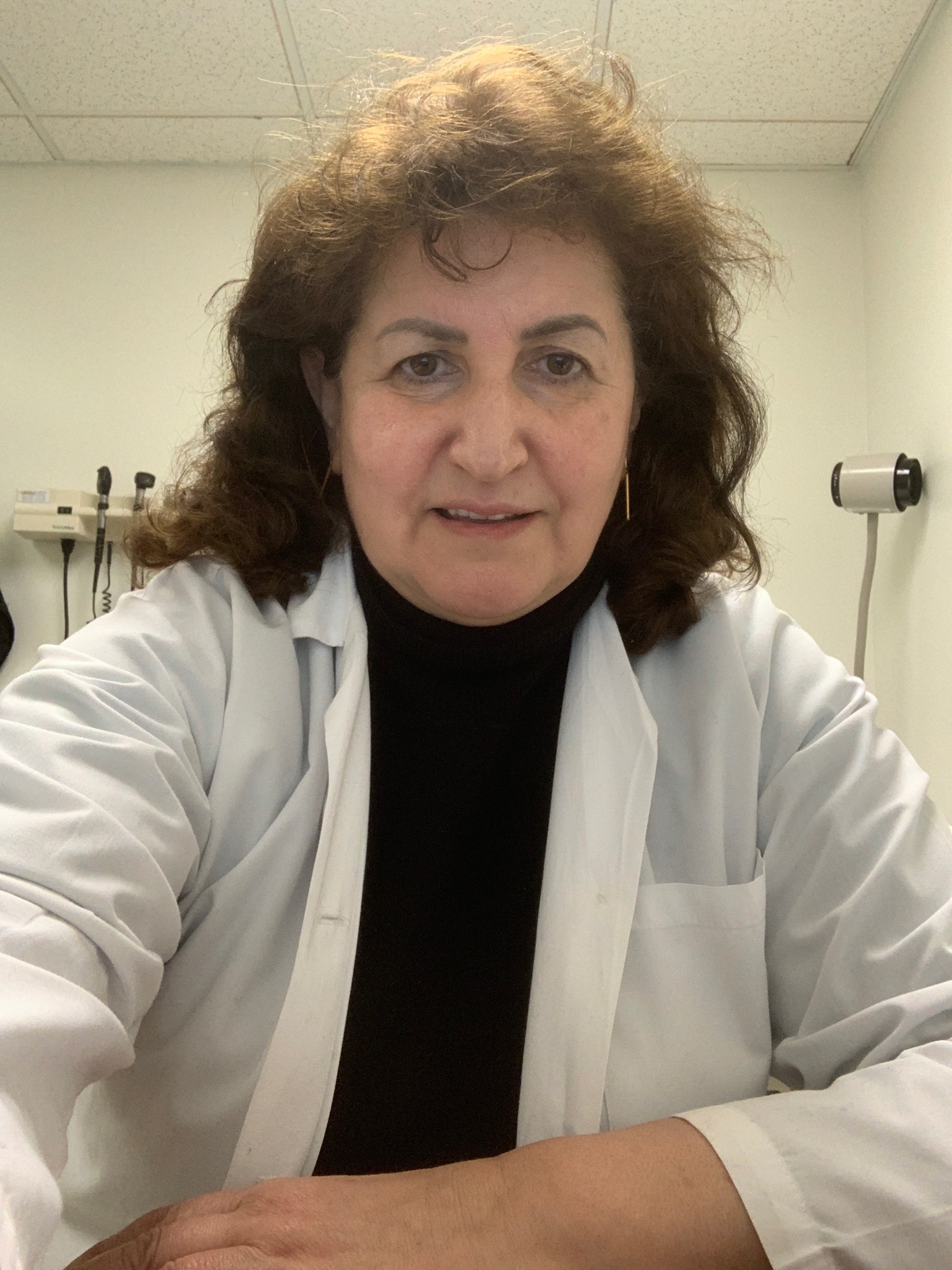Schizophrenia
A concise, evidence-based guide to schizophrenia: symptoms, causes, treatments, and how to get help.

Written by
Dr. Bessy Martirosyan

Reviewed by
Dr. Ellen Machikawa

Written by
Dr. Bessy Martirosyan

Reviewed by
Dr. Ellen Machikawa
Define: Schizophrenia
- People suffering from schizophrenia often hear voices in an absence of a stimulus or have fixed beliefs known as delusions.
- People suffering from schizophrenia might have difficulty in differentiating reality from the delusions and hallucinations.
- Expressing a normal range of emotions may be difficult for them.
- Patients aren’t often violent and almost never pose any danger to anyone.
- Schizophrenia does not develop due to childhood experiences or poor upbringing or even an absence of willpower.
Symptoms & Signs
Perception changes
Hallucinations: hearing, seeing, or feeling things that are not present. These are commonly auditory (voices) and can be distressing.
Thought & speech changes
Disorganized thinking may show up as loose associations, odd phrasing, or difficulty following conversations.
Behavioral changes
Patients may appear withdrawn, have unusual posturing, or show changes in daily functioning such as hygiene and work performance.
Mood & affect
Emotional flattening or limited range of emotion (negative symptoms) can make engagement and motivation difficult.
Positive Symptoms
Symptoms that are "added" to normal experience
Delusions
Fixed false beliefs that persist despite contradictory evidence
Hallucinations
Seeing, hearing, feeling, or smelling things that aren't really there
Disorganized Speech
Confused thinking reflected in unclear or illogical communication
Grossly Disorganized or Catatonic Behavior
Unpredictable or inappropriate actions, or lack of movement and response
Negative Symptoms
Reduced or absent normal behaviors and experiences
Social Withdrawal
Avoiding social interactions and isolating from others
Emotional Flattening
Reduced emotional expression and range of feelings
Lack of Motivation
Difficulty initiating and sustaining goal-directed activities
Reduced Speech
Decreased verbal communication and expressiveness
Anhedonia
Loss of interest or pleasure in previously enjoyed activities
Causes
Heredity and Environmental
- Scientists recognize that schizophrenia tends to run in families. Less than 1 percent of the population develops schizophrenia. But, 10 percent of the people with first-degree relation to patients suffering from schizophrenia do report similar symptoms.
- Risk of schizophrenia is at its highest in case of identical twins as compared to the general population.
- Certain genes increase the risk of schizophrenia. Studies suggest that patients suffering from schizophrenia are at increased rates of rare genetic mutations.
- Both genes and environmental aspects of a person are necessary to develop schizophrenia. Several environmental factors play a role, for example infections, stressful situations, prenatal and postnatal malnutrition, and psychosocial factors.
Chemistry
Chemical imbalances of neurotransmitters (serotonin and dopamine) are found in patients. Chemical imbalances affect behaviour and emotional processing leading to symptoms. Hallucinations or delusions can happen because of problems in processing various sights, smells, sounds, and tastes.
Recovery & Rehabilitation
Antipsychotic medications
Medications (typical and atypical) reduce psychotic symptoms. Careful monitoring with a provider is important to optimize benefit and reduce side effects.
Therapy & Psychosocial supports
Counseling, family education, supported employment, and skills training help restore daily functioning and social connections.
Psychosocial Rehabilitation
Programs focus on practical skills: cooking, budgeting, job coaching, and structured daily routines to improve independence.
- Skill-building groups
- Supported housing options
- Vocational rehabilitation services
Common side effects
Work closely with your clinician. Many side effects are manageable with dose changes, switching agents, or supportive care.
When to seek immediate help
Seek urgent care for severe symptoms such as suicidal ideation, violent behavior, severe disorientation, or inability to care for oneself.
When to Seek Help
It's important to seek professional help if you or a loved one experience OCD symptoms that interfere with daily life, relationships, work, school, or overall well-being. Don't wait until symptoms become severe.
Seek Help When Symptoms:
- • Take more than 1 hour per day
- • Significantly interfere with work, school, or social activities
- • Cause significant distress or anxiety
- • Impact relationships with family and friends
- • Prevent you from enjoying activities you used to love
- • Lead to avoidance of important situations
Ready to Take Control of Your OCD?
Connect with our qualified mental health professionals who specialize in OCD treatment and start your journey toward better mental health.
Frequently Asked Questions
Common questions about schizophrenia and concise answers to help you understand the condition.
Is schizophrenia contagious?
No. Schizophrenia is not contagious. It is related to genetic, environmental, and brain chemistry factors.
Can someone with schizophrenia live independently?
Many people with schizophrenia can live independently with appropriate treatment, support, and rehabilitation; others may need supported housing during flares or while learning daily living skills.
Can schizophrenia be prevented?
There’s no guaranteed way to prevent schizophrenia. Early treatment and consistent care can reduce complications and improve long-term outcomes.
Can someone with schizophrenia work?
Yes. Many individuals with schizophrenia work successfully, especially with supported employment programs and appropriate treatment.
References & resources
National Institute of Mental Health – schizophrenia overview
American Psychiatric Association – DSM guidance
Mayo Clinic – patient information
